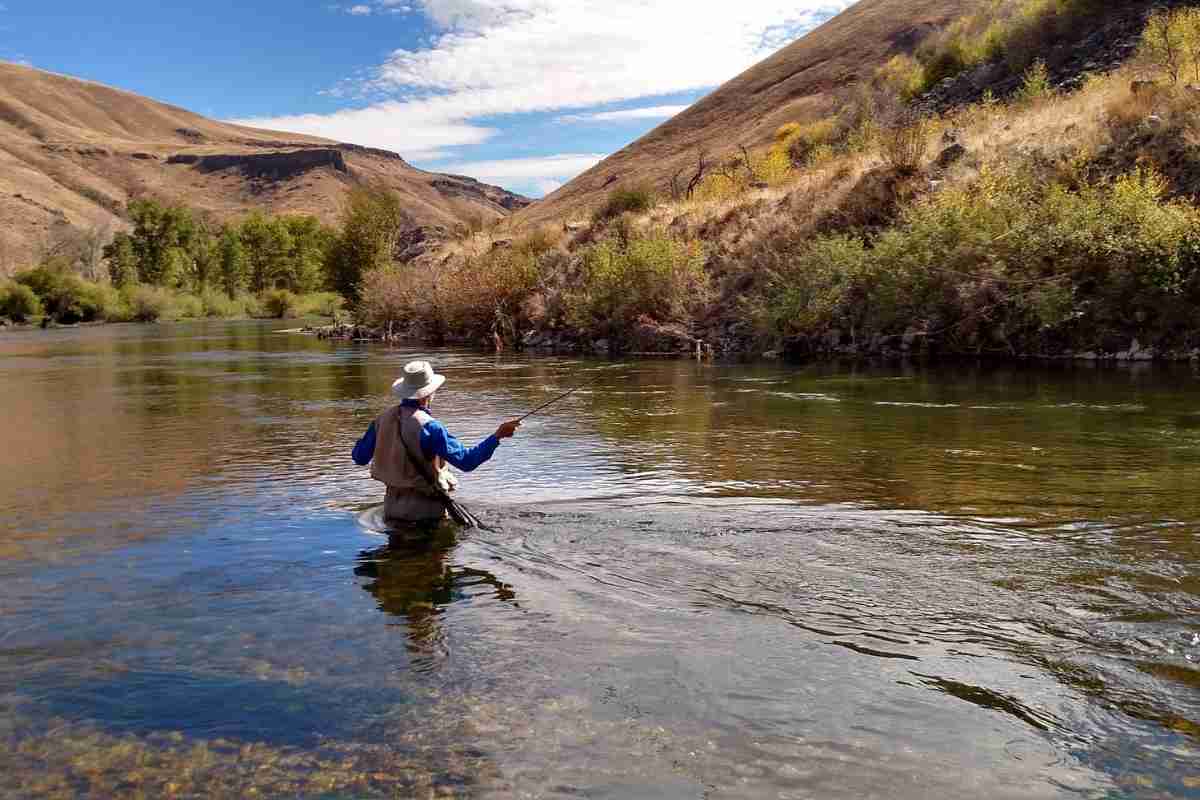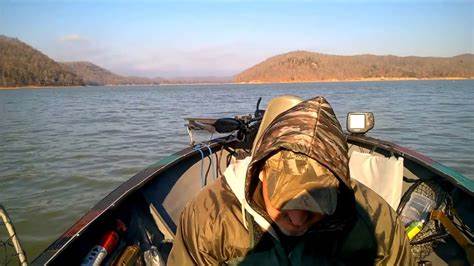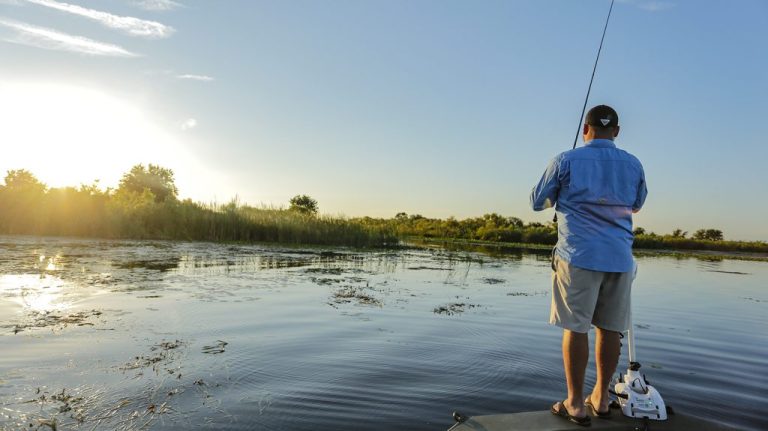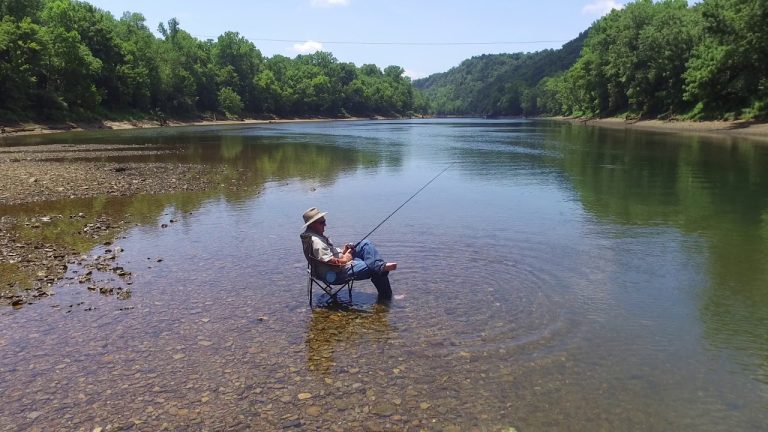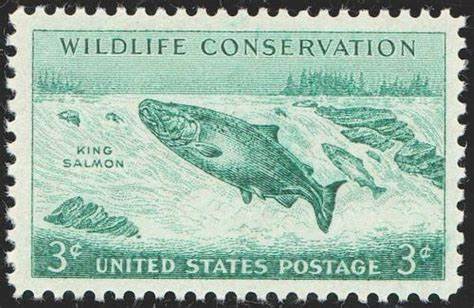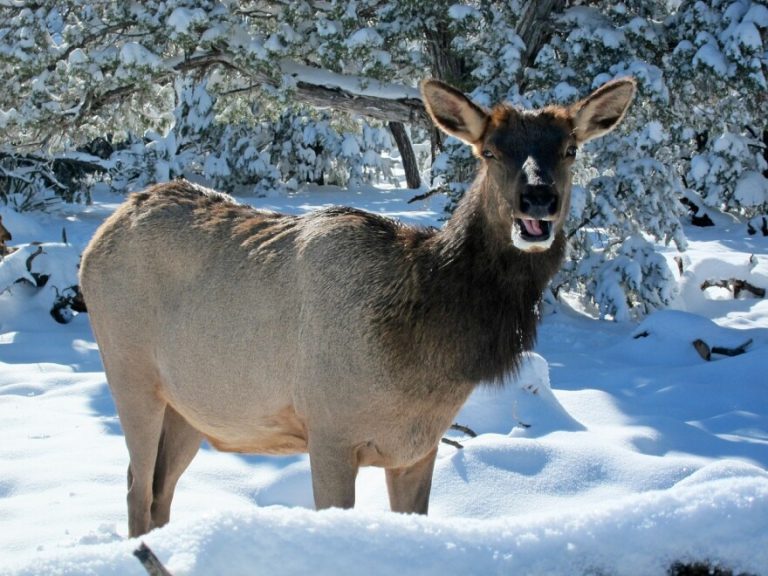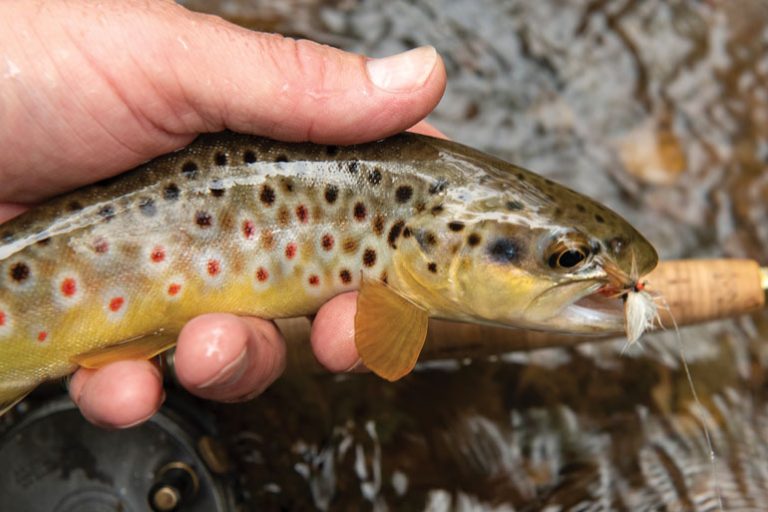Arkansas’s lakes, rivers, and streams—home to trophy bass, trout, and catfish—attract over 1.2 million anglers annually. While most need a valid fishing license, Arkansas Game and Fish Commission (AGFC) grants exemptions to promote accessibility and conservation. This 2025 guide clarifies eligibility, updates regulations, and links to official resources to ensure compliance.
Understanding Arkansas Fishing License Exemptions
Fishing licenses fund $12.5 million annually in conservation projects like trout stocking and habitat restoration. However, exemptions exist for vulnerable groups, landowners, and military personnel. Below are the eight exemption categories, updated for 2025:
1. Age-Based Exemptions
a. Youth Anglers Under 16
Children under 16 fish license-free statewide, including trout waters. Example: A 12-year-old can fish for rainbow trout in the White River without a permit but must follow daily limits (5 trout per day).
b. Seniors Aged 65+
Residents 65+ are exempt but need a Trout Permit ($12.50) for designated areas like Bull Shoals Tailwater.
Required Documents:
- Arkansas driver’s license or state ID.
- Proof of residency (e.g., utility bill).
2. Disability Exemptions
a. 100% Disabled Residents
Residents with a 100% permanent disability rating (SSA/VA-certified) qualify for a 3-Year Disability Combo License ($15). Apply online via AGFC’s Disability Permits Portal.
b. Mobility-Impaired Access Permit
This free permit grants access to 45+ ADA-compliant piers, including:
- Dry Run Creek (wheelchair-friendly boardwalks).
- Lake Dardanelle (accessible boat ramps).
Application Process: Submit medical documentation to AGFC’s Licensing Division.
3. Military and Veteran Exemptions
Active-Duty Personnel
Service members stationed in Arkansas pay resident rates. Example: A Texas soldier at Fort Smith buys an annual license for $16.50 (vs. $50 non-resident).
Disabled Veterans
Veterans with a 100% VA disability rating receive a Lifetime Fishing License (free). Apply via AGFC’s Veterans Portal.
4. Landowner and Tenant Exemptions
Owners/lessees of private waters (e.g., farm ponds) fish license-free. Note: Exemptions expire if leasing ends.
5. “Put-and-Take” Pay Lakes
Fishing in AGFC-licensed pay lakes (e.g., Lake Poinsett) requires no license. Fees range $15–$30/day for stocked catfish/trout.
6. Free Fishing Days (2025)
Fish license-free on:
- June 7–8, 2025 (National Fishing Week).
- November 28–29, 2025 (Thanksgiving Weekend).
7. Reciprocal Boundary Waters
| Shared Water | License Recognition |
|---|---|
| Bull Shoals Lake | AR/MO resident licenses valid |
| Mississippi River | AR/MS/TN licenses accepted |
8. Conservation Education Programs
Participants in AGFC’s “Hooked on Fishing” youth clinics fish license-free during events.
2025 License Costs for Non-Exempt Anglers
| License Type | Resident Cost | Non-Resident Cost |
|---|---|---|
| Annual Freshwater | $16.50 | $50.00 |
| Trout Permit | $12.50 | $20.00 |
| 3-Day Tourist License | N/A | $30.00 |
| Lifetime (Disabled Veteran) | Free | N/A |
How to Apply for Licenses or Exemptions
- Online: Visit AGFC’s Licensing Portal.
- In-Person: Visit 200+ vendors like Bass Pro Shops (Little Rock).
- By Mail: Download forms from AGFC Forms Hub.
Required Documents:
- Photo ID.
- Proof of residency/disability.
- Military orders (if applicable).
Penalties for Non-Compliance
- First Offense: $150–$1,000 fine.
- Repeat Offenses: License suspension (1–3 years) + $2,500 restitution for poaching.
Supporting Conservation
Exempt anglers can still contribute:
- Purchase a Voluntary Trout Stamp ($10).
- Donate to AGFC’s Wildlife Fund.
Key Resources
- Regulation Updates: 2025 Arkansas Fishing Guidebook.
- Accessibility Map: ADA-Friendly Fishing Locations.
- Questions? Call AGFC at 1-800-364-4263.
Conclusion
Understanding exemptions ensures lawful access to Arkansas’s world-class fisheries while supporting conservation. Whether you’re a senior, veteran, or landowner, always carry proof of exemption and respect size/bag limits. For real-time updates, bookmark AGFC’s official site and explore our blog’s Arkansas Fishing Hotspots guide.
Tight lines and responsible angling in The Natural State!



